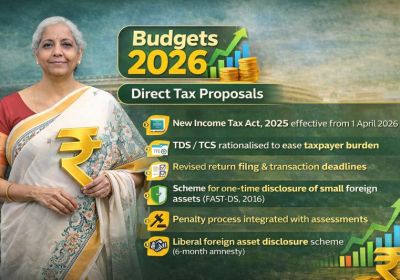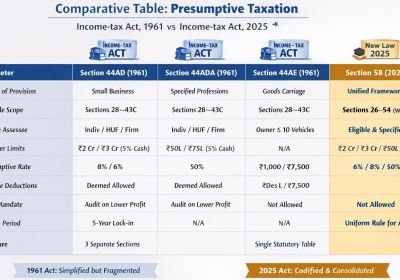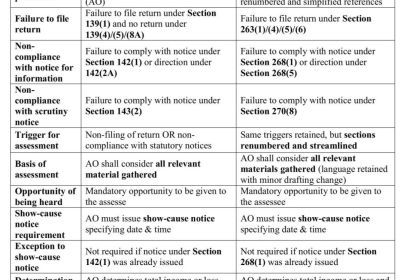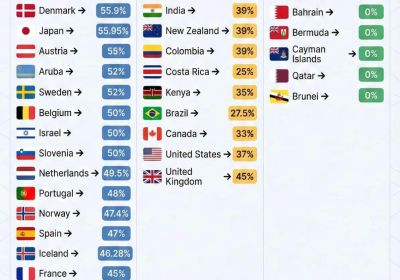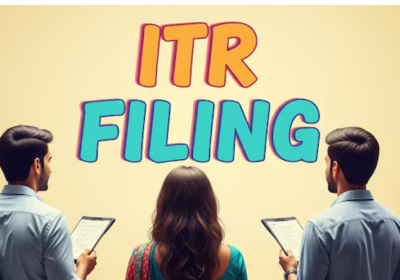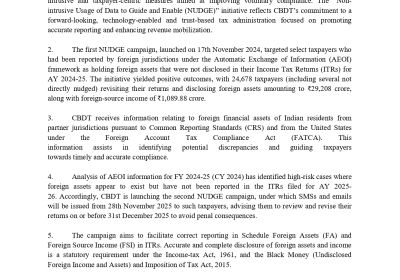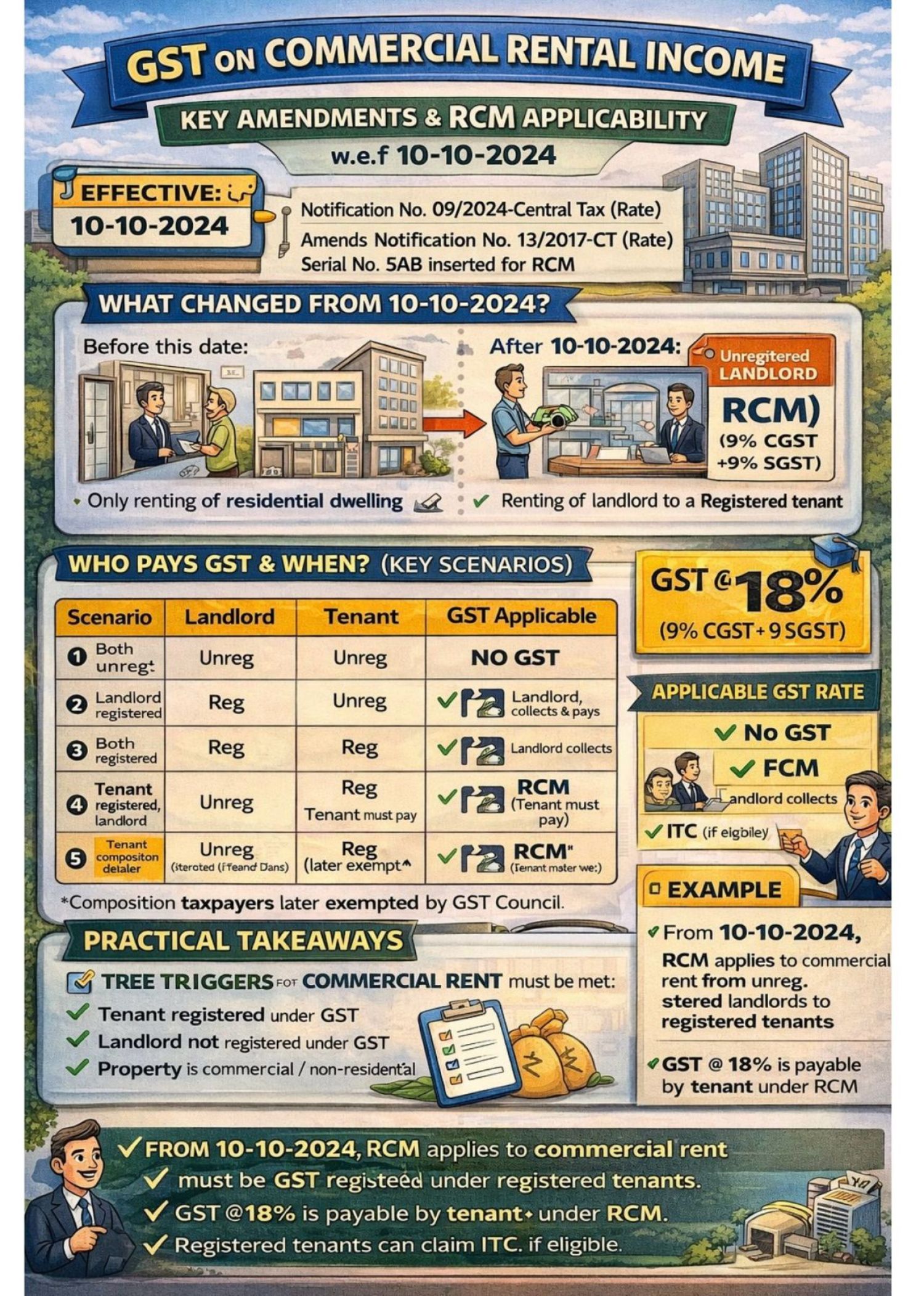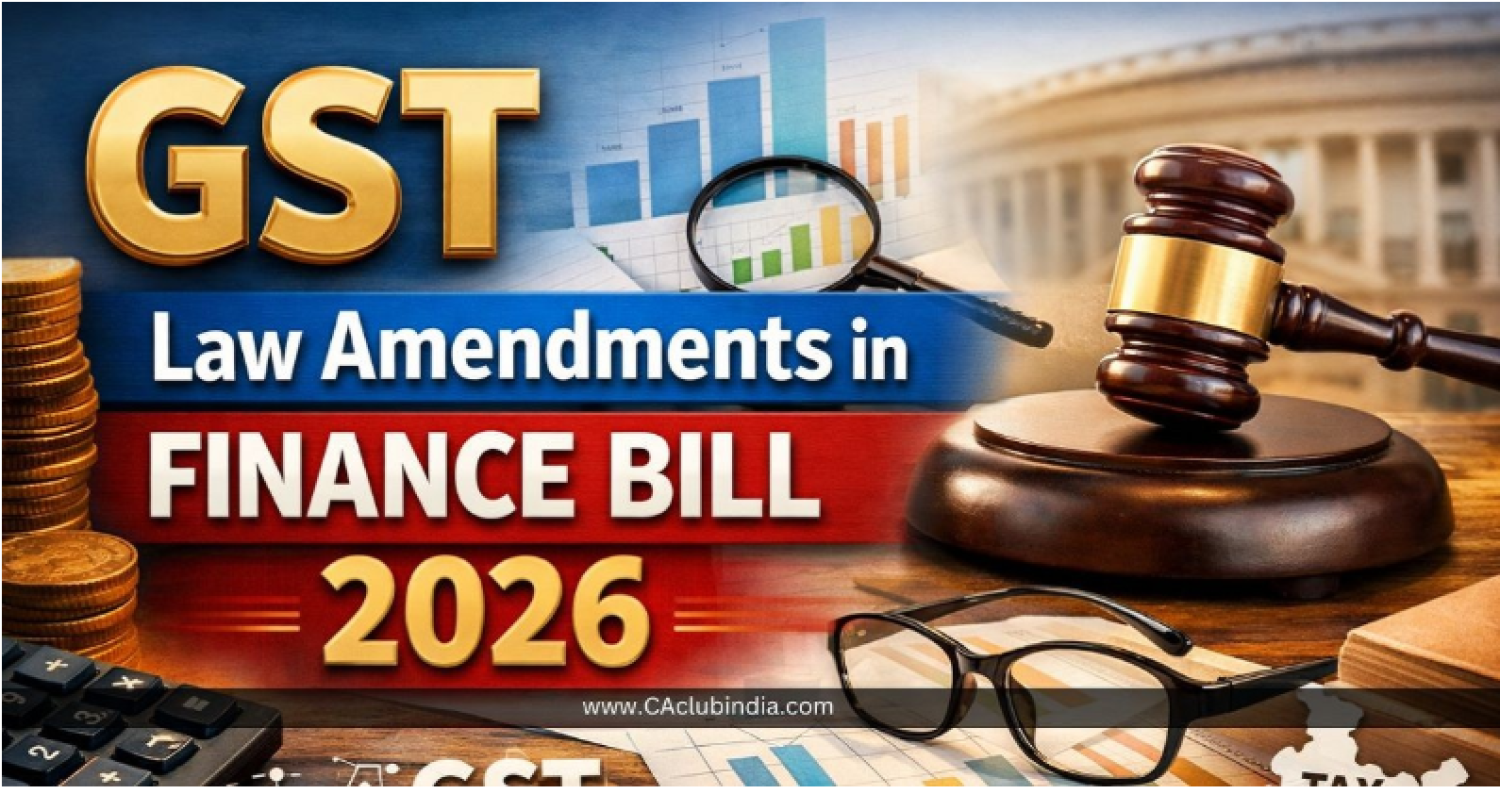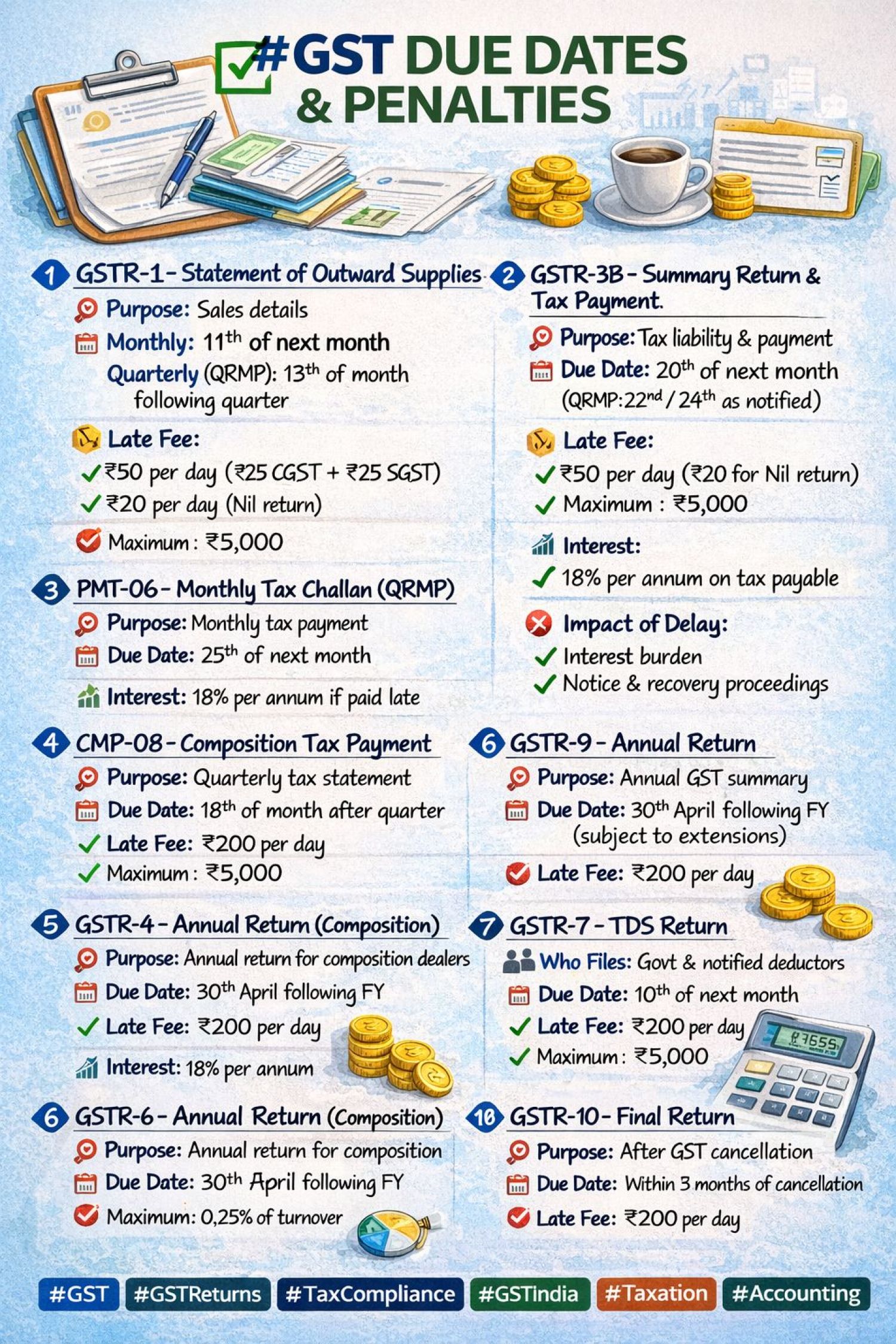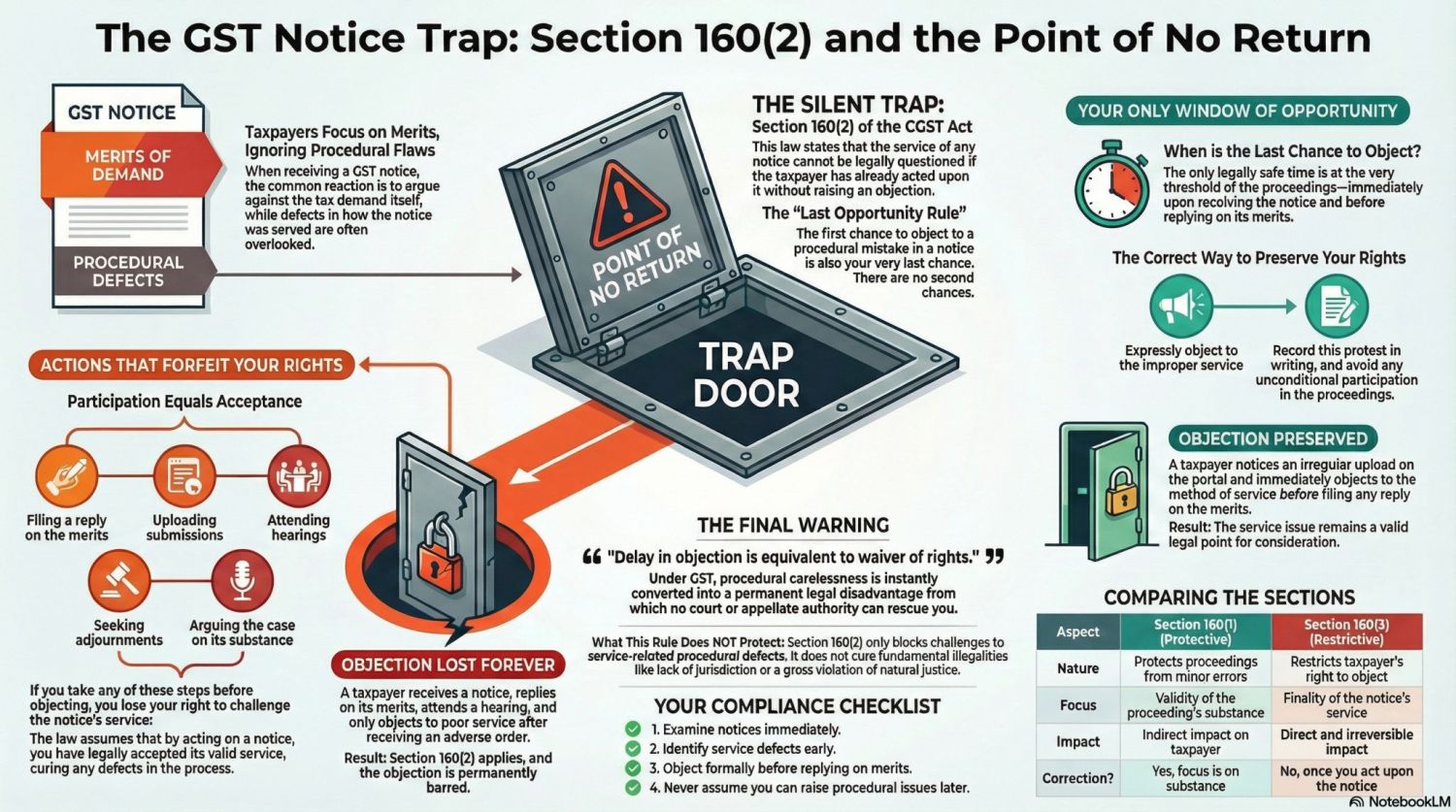
Legitimate political donations are not wrongly denied tax benefits u/s 80GGC
Background of the Case
Armee Infotech donated ₹55 lakhs to Rashtriya Komi Ekta Party (a Registered Unrecognized Political Party – RUPP) in AY 2012-13 and ₹3 crore in AY 2014-15. The AO added the ₹55 lakh donation to Armee Infotech's taxable income, suspecting it to be a bogus donation. CIT(A) ruled in favor of Armee Infotech and deleted the addition. ITAT upheld the donation as genuine and eligible for tax exemption, despite the recipient being an unrecognized political party. Rashtriya Komi Ekta Party was registered with the Election Commission of India, which was a key factor in the ruling. The Revenue Dept challenged this before ITAT Ahmedabad, questioning the legitimacy of the donation and whether the recipient political party misused the funds.
ITAT Ahmedabad Ruling Key Observations:
Donees (political parties) are independent taxable entities. The Revenue Department argued that the party was unrecognized under the Representation of the People Act, 1951, making the donation ineligible for tax benefits. If they misuse funds, the liability lies with them, not the donor. The Income Tax Act does not obligate a donor to track how the recipient uses the funds. If a political party misuses funds, the appropriate action is to revoke its tax-exempt status, not disallow the donor’s exemption. (ITAT Ahmedabad Ruling in ACIT vs. Armee Infotech)
Final Decision (ITAT Ahmedabad Ruling in ACIT vs. Armee Infotech):
- ITAT upheld CIT(A)’s decision, confirming that Armee Infotech’s donation qualifies for tax exemption u/s 80GGC of the Income Tax Act. For AY 2012-13, the Revenue’s appeal was rejected, and the disallowance of ₹55 lakh was deleted. For AY 2014-15, the disallowance of ₹5.86 crore was also removed.
- Donations to registered but unrecognized political parties (RUPPs) can still qualify for 80GGC exemptions. Revenue authorities cannot disallow a donation solely based on the donee’s status. Armee Infotech contended that the donation was lawful and met all legal requirements, as the party was among 23 registered political parties at that time.
- IT Department cannot hold donors accountable for how political parties utilize donations. The obligation to ensure lawful fund utilization rests with the recipient (political party), not the donor.
- Recent Income Tax raids have uncovered large-scale bogus donations and money laundering through RUPPs. The government is taking strict action against Registered Unrecognized Political Partys suspected of misusing donations, and many parties are under investigation. CBDT has directed notices to multiple entities linked to such transactions.
- Reinforces that donations to registered but unrecognized political parties can still qualify for tax benefits. Ensures that lawful donations are not denied tax exemption arbitrarily. Donors can be assured that their compliant political contributions will be valid for taxation.
Conclusion
The ruling highlights the importance of proper documentation for taxpayers and ensures that legitimate political donations are not wrongly denied tax benefits. This decision provides a strong precedent for future tax exemption cases related to political donations. While the ITAT ruling favors the taxpayer (Armee Infotech), ongoing investigations into bogus political donations may lead to stricter regulations on political funding and tax exemptions u/s 80GGC.

